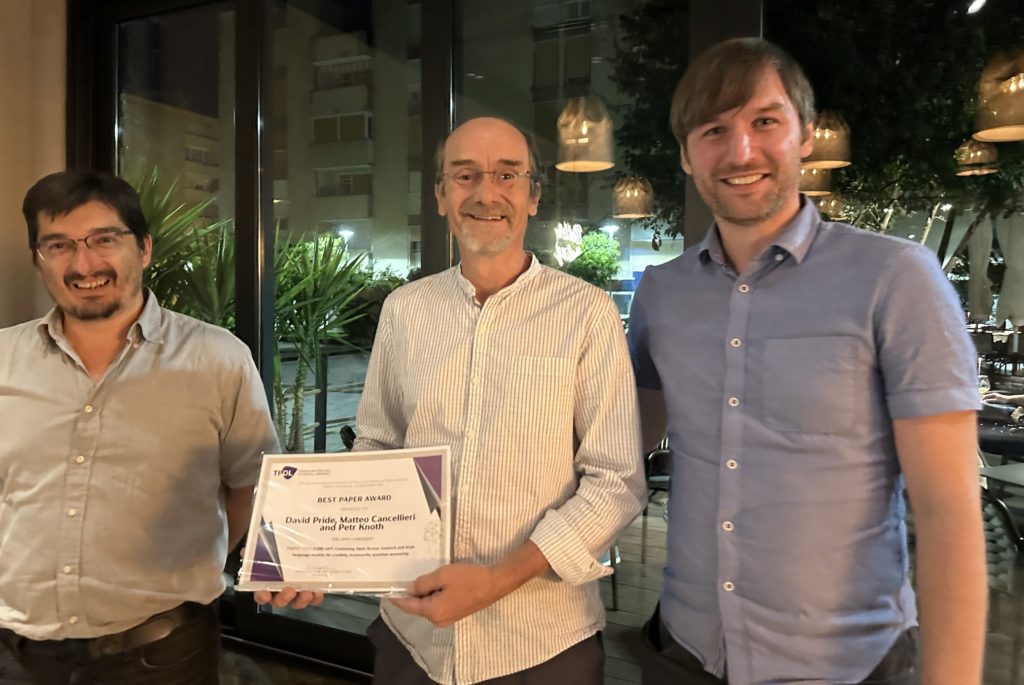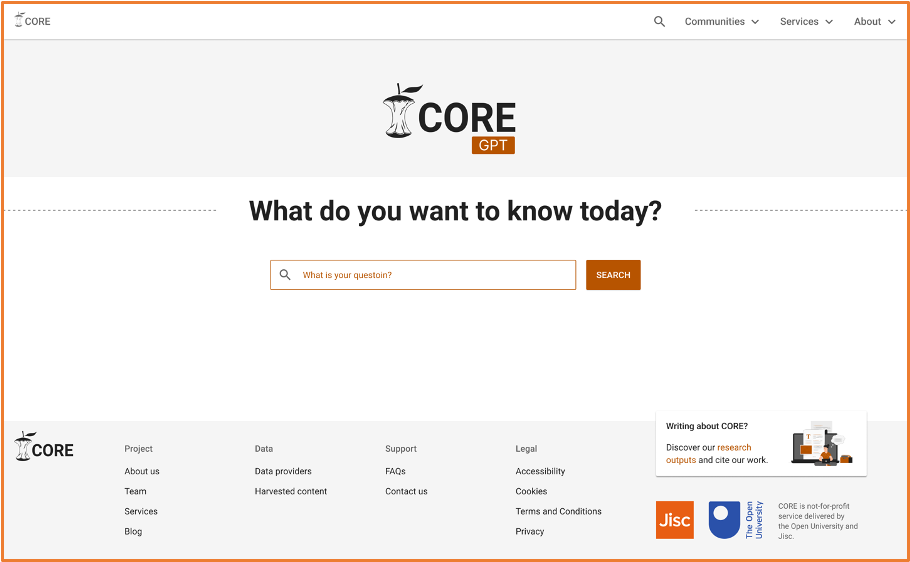We are pleased to announce that the Open University has just been awarded a new research grant in the international CHISTERA Open Research Data & Software Call which aims to enhance the discoverability and reusability of open research software.
Open research software and data are pivotal for scientific innovation and transparency, but are often not cited as first-class bibliographic records. Much of these software mentions therefore remain concealed within the text of research papers, hampering their discoverability, attribution, and reuse. This, in turn, makes it harder to reproduce research studies. The SoFAIR project (from Making Software FAIR) aims to address this critical issue by enhancing the management of the research software lifecycle and ensuring research software and data adheres to the FAIR (Findable, Accessible, Interoperable, and Reusable) principles. The project will build on the existing capabilities of the open scholarly infrastructures operated by the project partners. SoFAIR is a €499k international project coordinated by (1) The Open University in partnership with (2) INRIA, France; (3) Brno University of Technology, Czech Republic; (4) the Polish Academy of Sciences (PAN), Poland; and (5) The European Molecular Biology Laboratory’s European Bioinformatics Institute (EMBL-EBI), United Kingdom. SoFAIR is funded under the 2022 CHIST-ERA Open and Reusable Research Data and Software (ORD) call.



